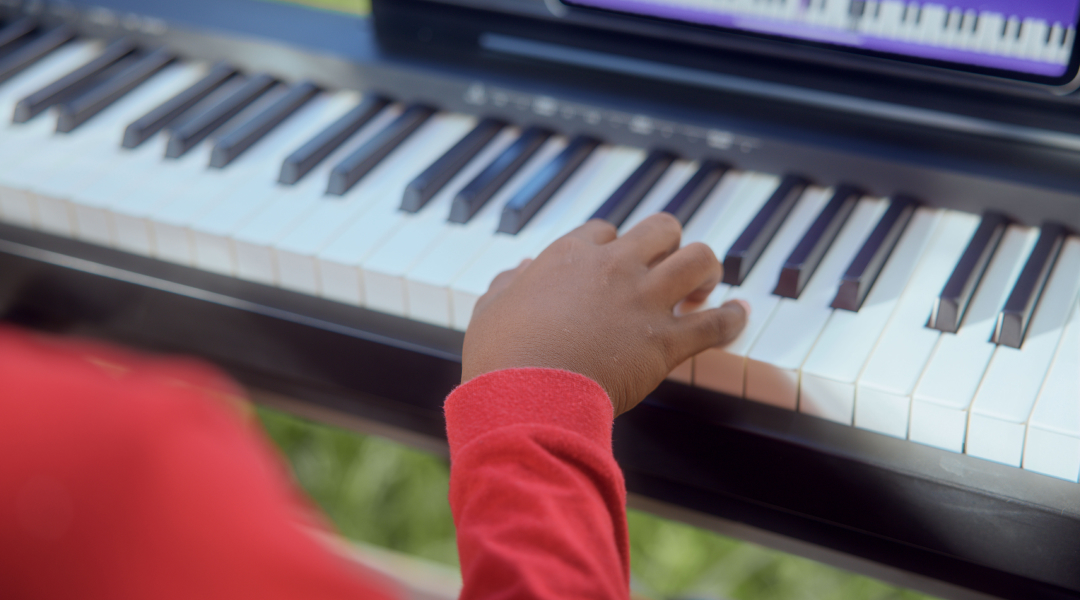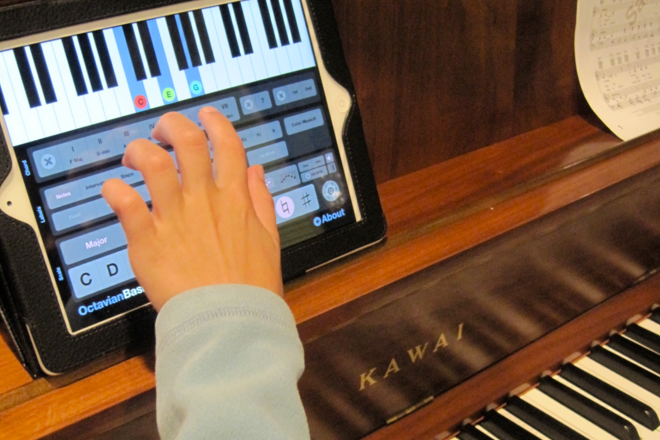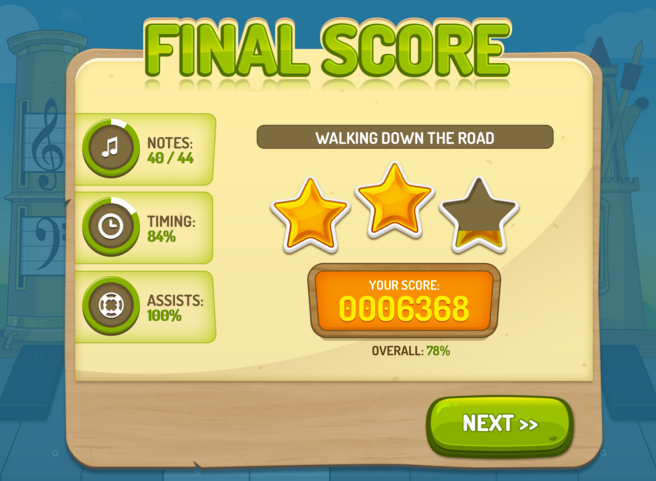Piano Donation: How and Where to Donate
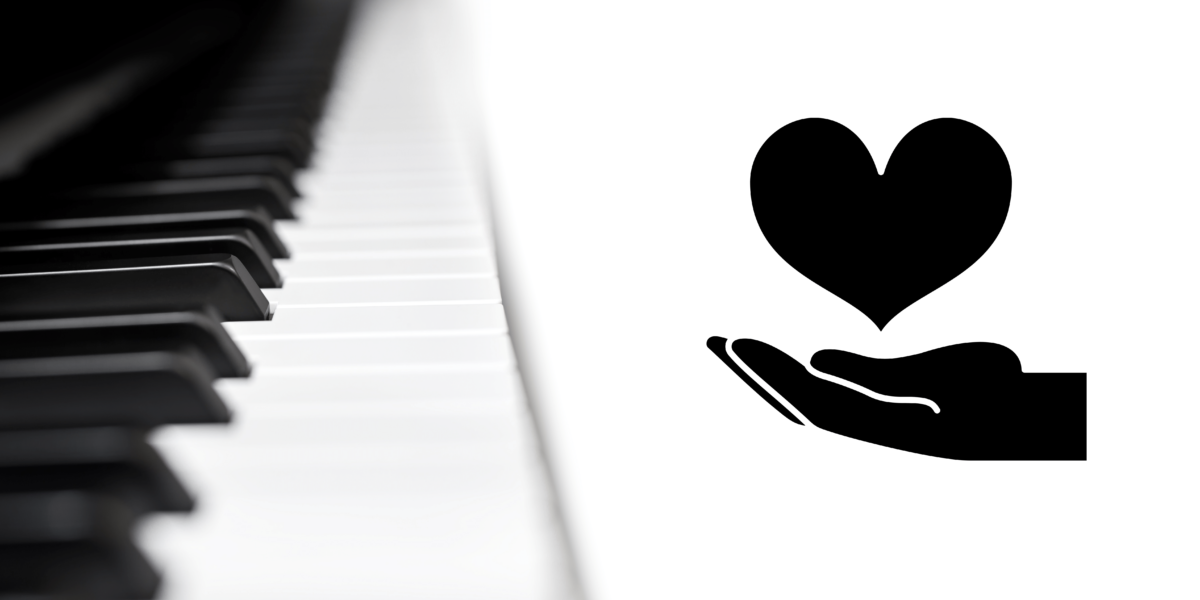
Discover some reputable institutions that accept piano donation. We will teach you how to donate a piano and why you should consider this option.
You might get a good resale value for a handcrafted piano. However, most old pianos only depreciate over time. You may even have to pay someone just to haul them off!
If you can’t sell your piano, consider donating it. Many schools and charities would be happy to take a used piano off your hands.
But, what are the benefits of a piano donation? And what is the best way to go about donating one?
Let’s look at the best practices for getting that old, bulky instrument off your hands.
Why should you donate your piano?
Do you have a piano in your home that you no longer use? You may want to reclaim your space and send it to a new home. Old pianos often sell for little value, so one of the best ways to get an old piano off your hands is through piano donation.
Some reasons to consider donating a piano are:
A free haul-off
Junking a piano can cost hundreds of dollars. If your piano qualifies for a donation, you may get someone to take it for free.
A good cause
Often, charities sell the piano and use the money to help others. Or, an organization may fix up the piano and gift it to a kids’ music program. You can be happy knowing that your piano is helping others and getting a new life.
A tax break
When you donate a piano, you can write it off your taxes. Not all organizations offer tax-deductible donations, but most do. Recover some space in your home while recovering some money during tax season.
How to donate a piano.
Charities, schools, and other organizations don’t accept just any and every piano. Often you need to complete an assessment of piano. This way, the organization knows whether it is worth the time and expense to move and repair it.
If the movers find the piano is in worse condition than you indicate on the form, they may refuse it or even charge you a fee. Making an accurate assessment of your piano can save both the charity and you from wasted time and money.
Many of the assessments want to know the following information:
- Is the piano in good condition?
- Do all the keys play on the piano?
- Is the piano from a high-end brand such as Steinway, Bösendorfer, Stuart, and Sons, or another?
Usually, organizations look for pianos that are in working condition. Many won’t accept the donation if the piano can’t keep a tune. However, if the brand is good, it may be worth the effort to repair it.
Where to donate your piano.
Many charities, schools, senior citizens centers, music stores, veteran groups, universities, and foundations such as the Beethoven Foundation accept piano donations. You can contact those near you to find out if they accept piano donations. Some may want you to bring in the piano yourself, while others are happy to pick it up for free.
As you look for the right organization to accept your piano, make sure the donation is mutually beneficial.
Look at the following criteria before deciding where to donate your piano:
- Does the organization’s piano donation project offer free pick-up?
- Are the piano movers from the organization qualified?
- Is the free piano donation tax-deductible?
Communicating about the piano’s condition and the organization’s offers may take time. However, if your piano can go to a good home without any cost to you, it can be a sweet deal.
You can also try donating a piano to a private person through websites such as Craigslist, Facebook, or pianoadoption.com.
Other options to get rid of an old piano.
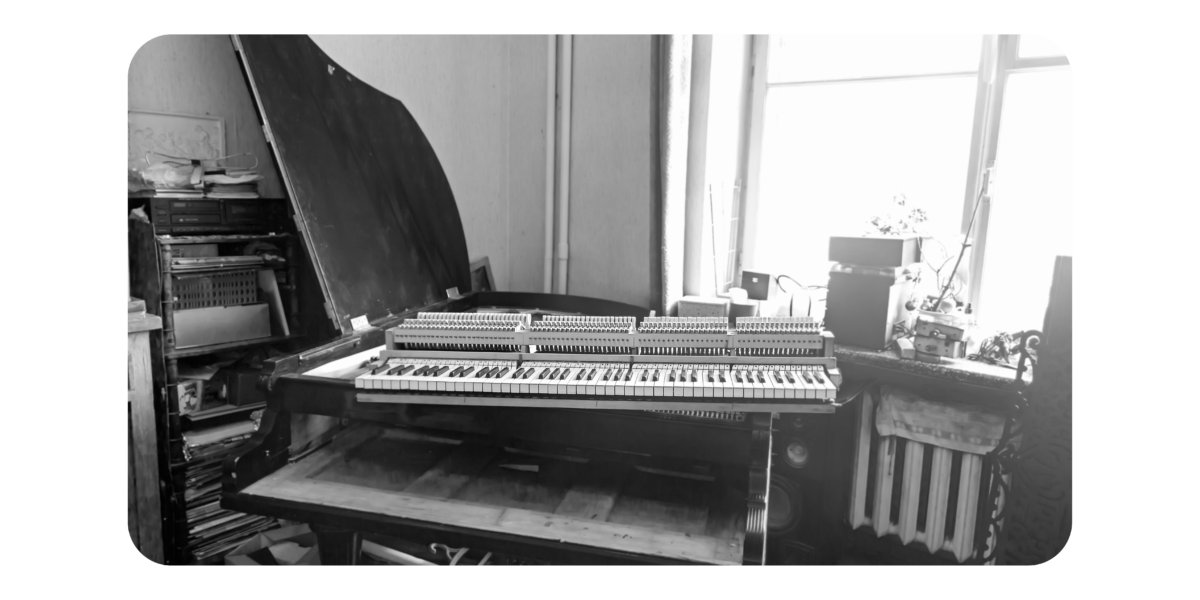
Trade it in
You may want to get rid of your old piano, but you still want to play music. In this situation, you can trade in your used piano for a higher-quality instrument.
Many used piano dealerships pick up your old piano and give you a better deal on your next piano. That’s a win-win situation!
Recycle it
If charities reject the piano, look at recycling it. Many piano restorers look for replacement parts to repair antique pianos. So, your junk may be someone else’s treasure!
You can disassemble the piano yourself. Or you can research piano recyclers in your area to pick it up. You might have hinges, keys, and pedals that can rebuild another piano.
Junk it
Pianos take up a lot of space. So, if the instrument no longer plays, you may want to free up a corner of your home. The quickest way to do this is to have someone haul it off to the junkyard. However, you have to pay a fee.
Call the junkyard nearest to you to see how much it costs to junk your piano. If the piano can’t be recycled (and you don’t have any sentimental ties), this may be the quickest way to get it out of your home.
Repurpose it
When a piano has been in the family for generations, it can be difficult to junk it. Instead of sending it out to the garbage, try repurposing pieces of the piano. The internet is full of ideas for turning a piano into a desk, workbench, mini-bar, piano-key windchime, etc. You can regain space in your home and still hold on to sweet memories.
Give an old piano new life, and brush up your skills
If you decide to donate a piano, you can rest assured that your piano is getting a new life and going to a good cause.
Getting rid of an old, out-of-tune piece of furniture doesn’t mean you have to give up playing piano.
You can look at a smaller keyboard or a digital piano to keep your skills up. These are easy to set up, don’t require tuning, and can produce a solid sound. After practice, you can slide your instrument under your bed to reclaim space in your home.
To get started, try a free trial of Simply Piano. This app can help you find the right notes while teaching valuable skills.






